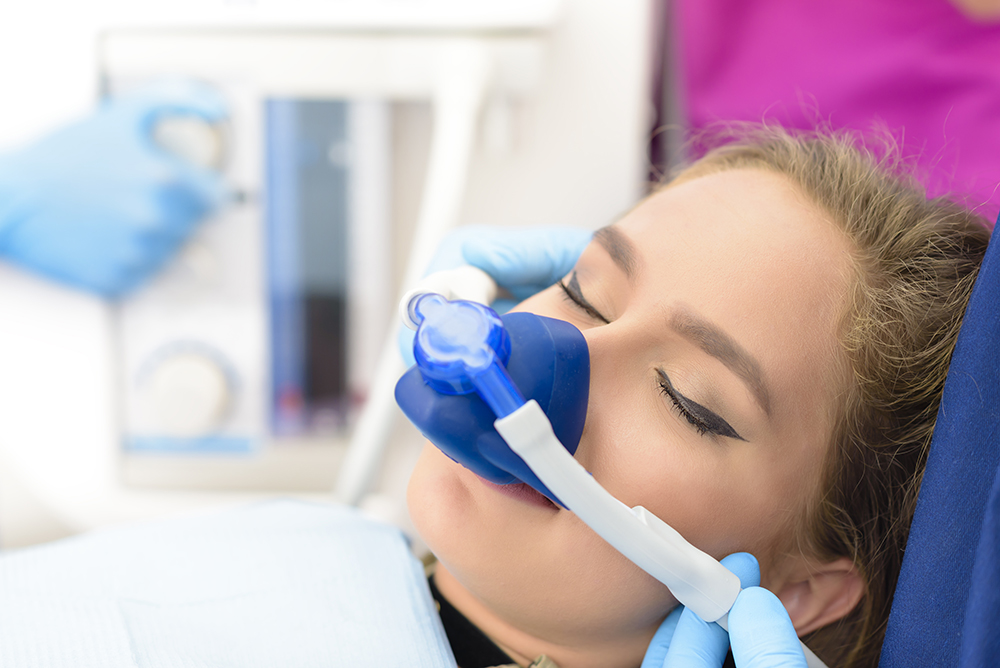Many parents are often anxious when taking a child to a dentist. They believe in waiting until all of their teeth have appeared or until there is a real issue. According to the experts, you shouldn’t do that and suggest that your child’s first visit should be when the first tooth arises in the mouth; no later than the age one to two. Moreover, the first visit isn’t really about doing real work as it is just for the introduction of the dentist’s office to your child and making them comfortable with the dentist.
Be Prepared for the Visit
Before you take your child for their first visit to the dentist, it is essential to prepare them, yourself, and the dentist accordingly. Make sure to discuss all your queries and concerns with the dentist beforehand. You should give your child a basic idea of what to expect from the visit and also tell them the importance of visiting a dentist.
If possible, try to schedule morning appointments, so your child stays alert and fresh. As parents need to provide moral support to their kids, try to keep your dental anxieties and fears in front of them as they tend to catch up quickly. Stay calm while in the dental exam room, and your child will follow up the same.
First Visit to the Dentist
It is suggested that your child’s first dentist visit should be by 12 months of age or within five months of the first tooth erupting. The first visit attains three things majorly; first, it familiarizes your kid with the staff and the dentistry environment. They need to know that the situation is not threatening and hence build strong trust.
If your child is comfortable with the dentist, he or she will be prepared for the next visit in the future without any complications. Second, it introduces your child to a precise language that the office employs. Moreover, the first visit lasts typically 30 to 40 minutes as it depends on your child’s age.
It may involve a full exam of the teeth, bite, gums, jaw, and oral tissues to check the development and growth. If necessary, your kid may also experience a gentle cleaning that can include polishing teeth and removing any tartar, stains, and plaque. The dentist will also teach you and your child ways to keep good oral hygiene.
Protect your Kid’s Teeth at Home
Some essential tips that you should follow to protect your kid’s teeth at home:
- Before your child’s teeth appear, you should clean their gums with a clean and damp cloth. Start brushing with a tiny, soft-bristled toothbrush and a small amount of toothpaste right when their first tooth comes in.
- You can use a pea-sized dab of fluoridated toothpaste after three years of age, though it is suggested when your child is old enough to spit out the toothpaste after brushing.
- Try to avoid baby bottle tooth decay by not giving them a bottle of milk, juice, or any sweetened drink before bedtime.
- Make sure to assist your kids in brushing their teeth until the age of 7 to 8 and watch them over to avoid any missing spots.
Book Appointment to find out which treatment might be best for you.



